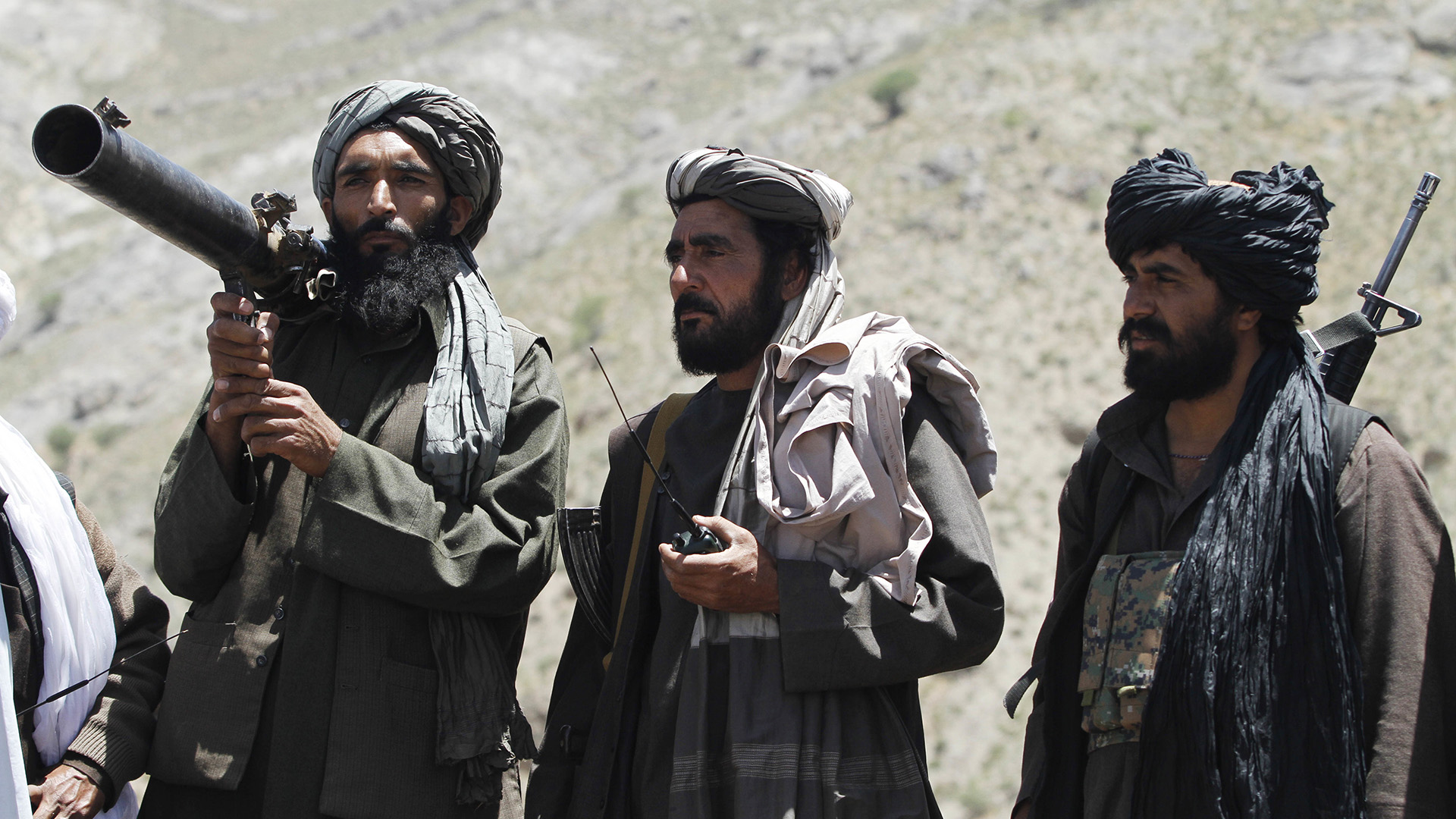

The Taliban has threatened to attack any U.S. troops that remain in Afghanistan after May 1 in response to President Joe Biden’s refusal on Thursday to commit to the withdrawal deadline.
“If, God forbid, all foreign troops [do] not withdraw from Afghanistan on the specified date in line with the Doha agreement, undoubtedly it will be considered a violation of the accord by America for which it shall be held liable and which shall also harm its international standing,” the Taliban announced in a Friday statement.
“In such a case, the Islamic Emirate – as a representative of the believing, valiant and Mujahid Afghan nation – will be compelled to defend its religion and homeland and continue its Jihad and armed struggle against foreign forces to liberate its country.”
On Thursday, Biden told reporters that “it’s going to be hard to meet the May 1 deadline,” but he committed to withdrawing all U.S. troops from Afghanistan during his administration.
“It is not my intention to stay there for a long time,” Biden said at a White House press conference.
The issues are how and under what circumstances the United States leaves Afghanistan, Biden said, adding that he did not expect any U.S. troops to be in Afghanistan next year.
“We are not staying a long time,” Biden said. “We will leave. The question is when we leave.”
The United States and the Taliban reached an agreement on Feb. 29, 2020 that called for the total withdrawal of all U.S. troops from Afghanistan by May 1 if the Taliban met certain conditions, such as reducing the level of violence in the country and breaking ties with Al Qaeda.
Since January, defense officials have stressed that the Taliban have not met the conditions required for the roughly 3,500 U.S. troops in Afghanistan to leave the country 36 days from now.
While the Taliban have refrained from attacking U.S. forces, they have ramped up the violence elsewhere in Afghanistan, Army. Gen. Richard Clarke, head of U.S. Special Operations Command, testified before Congress on Thursday.
U.S. officials have repeatedly said that the war in Afghanistan must be ended through a negotiated settlement, but a peace deal has remained elusive.
Army Maj. Rob Lodewick, a Pentagon spokesman referred questions on negotiations between the U.S. government and the Taliban to the State Department.
In December, Army Gen. Mark Milley, chairman of the joint chiefs of staff, said the military situation in Afghanistan has been a stalemate for at least the past five to seven years.
“We believe that now after 20 years – two decades – of consistent effort there, we’ve achieved a modicum of success,” Milley said.
Featured image: In this picture take on Friday, May 27, 2016, members of a breakaway faction of the Taliban fighters guard during a patrol in Shindand district of Herat province, Afghanistan. (AP Photos/Allauddin Khan.)